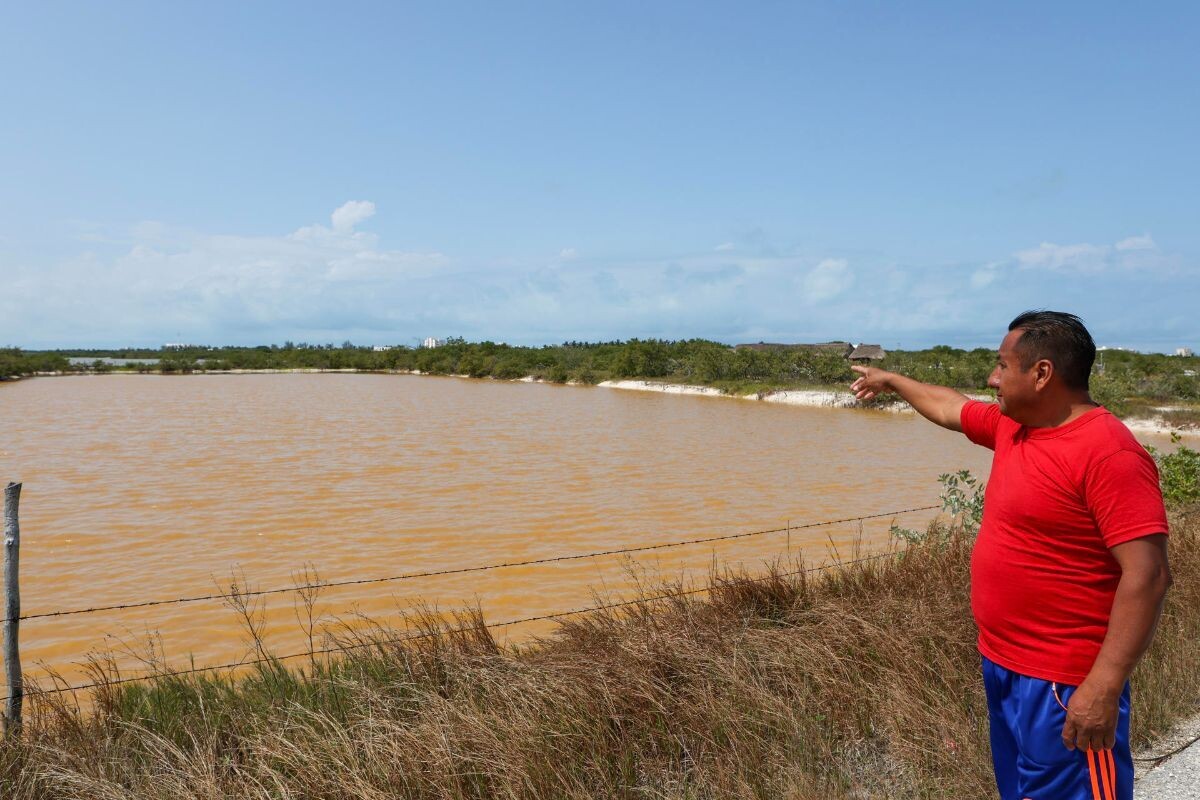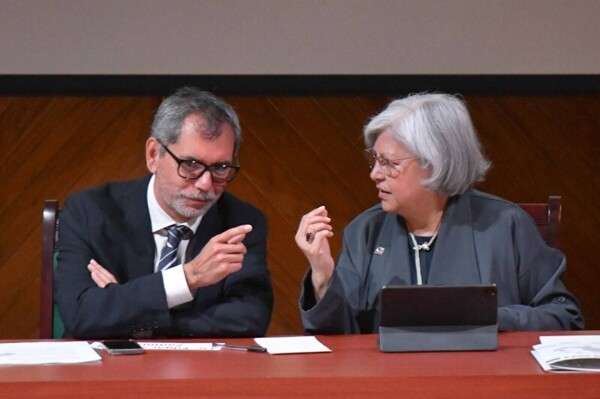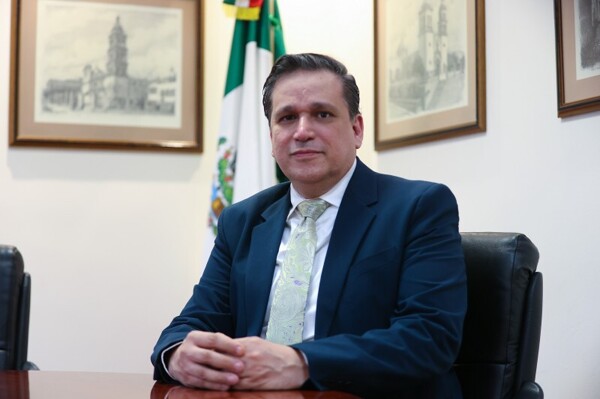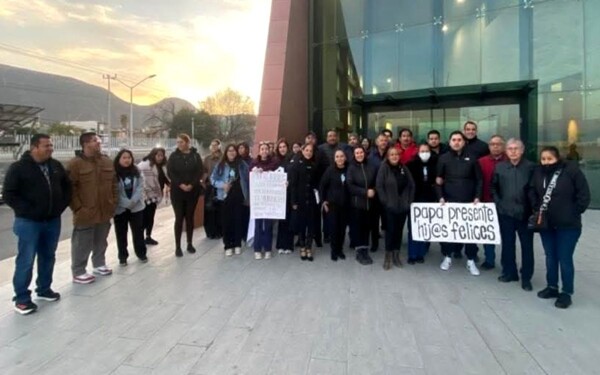
In the northeast of the Mexican state of Yucatán, in the municipality of Dzemul, mangroves and a pre-Hispanic saltworks face dangers due to the irregular placement of drinking water pipes, according to local farmers.
Juventino Nahuát Pat, one of the partners of the Xtampú saltworks, expressed his concern about a 15-kilometer project led by Mayor José Wilberto Flota Aké, which seeks to bring drinking water to Telchac Puerto by crossing natural areas that threaten the flora and fauna of the coastal region. In a protest against this municipal plan, Pat and others opposed the installation of PVC pipes near the mangroves and salt ponds, emphasizing that they will protect their vital environment.
"We are against this irregular work that lacks environmental permits, as we will not allow the destruction of mangroves or our sources of livelihood," Pat pointed out. Other protesters are seeking support from the environmental authorities of Yucatán to stop the project and prevent an ecocide, recalling previous closures due to environmental damage.
Research professor Jorge Alfredo Herrera Silveira from Cinvestav Mérida highlighted the importance of mangroves for tropical coastal ecosystems and the protection of the community against natural phenomena. He emphasized the need to conserve these ecosystems in the Yucatán Peninsula, which houses 60% of Mexico's mangroves, being essential for the region.
Herrera Silveira suggested conducting a rapid diagnosis and exploring alternatives to bring drinking water to Telchac Puerto without harming the mangroves and saltworks. He proposed implementing an environmental tax for the owners of vacation homes that would benefit from the service, considering the impact on such a fragile ecosystem as the mangrove. Additionally, he advocated for the introduction of economic charges on all projects to compensate for the negative effects on ecosystems, supporting a more sustainable approach in urban and industrial planning.














